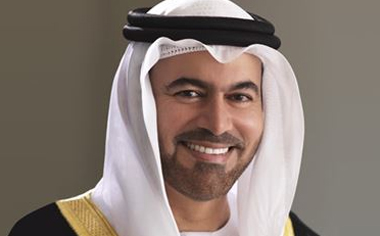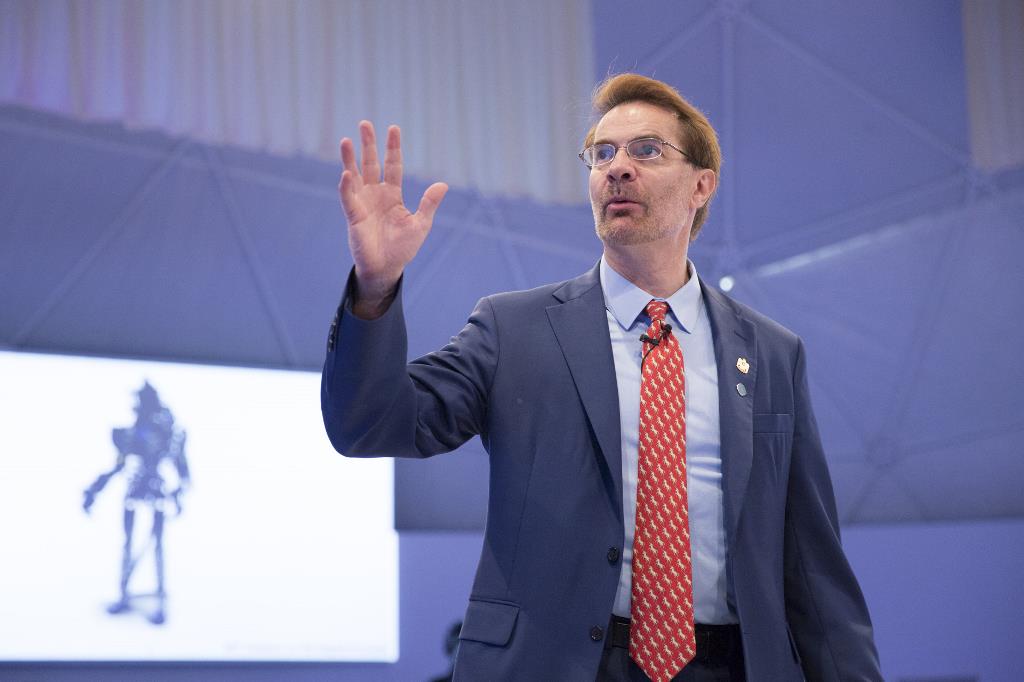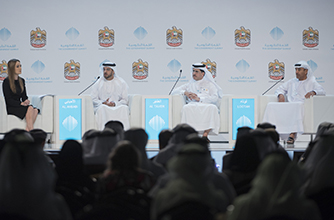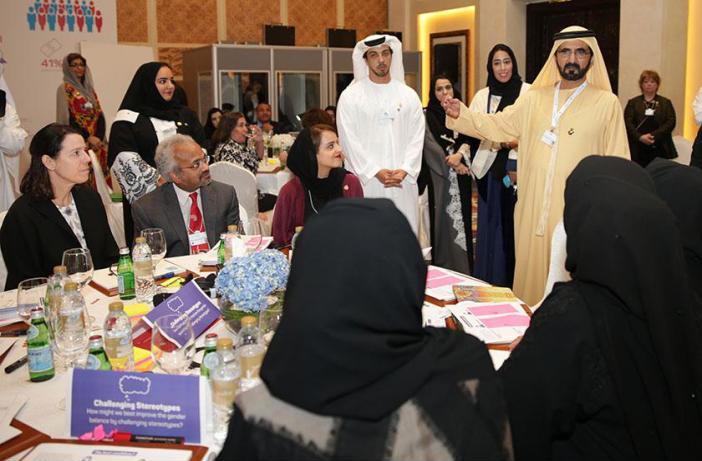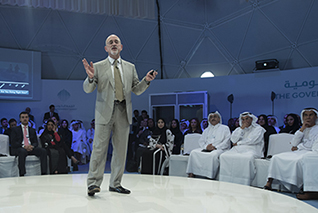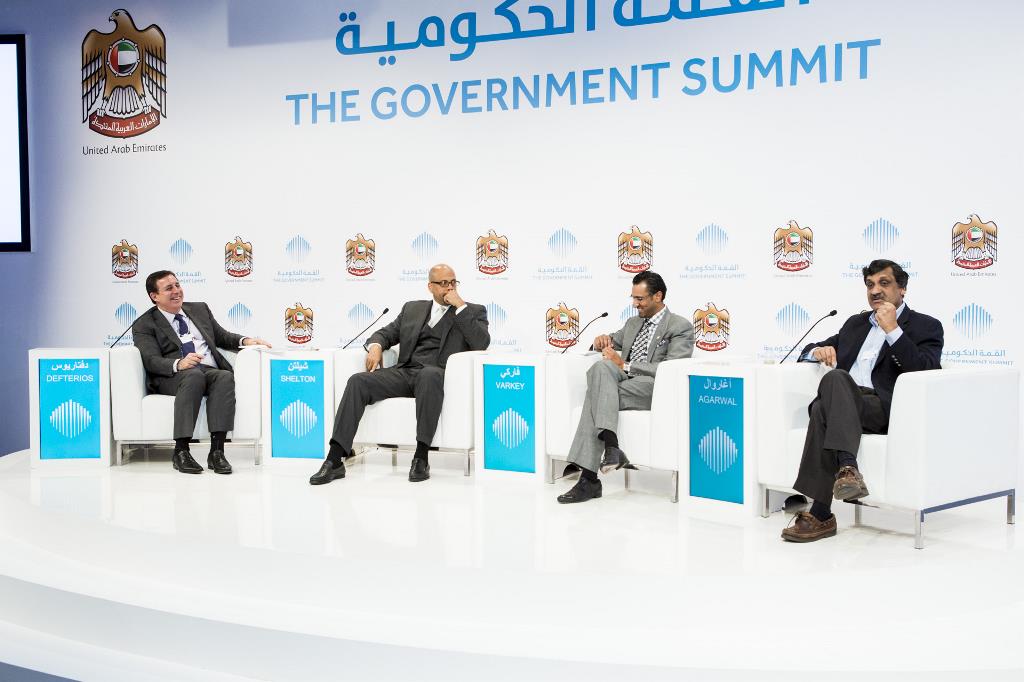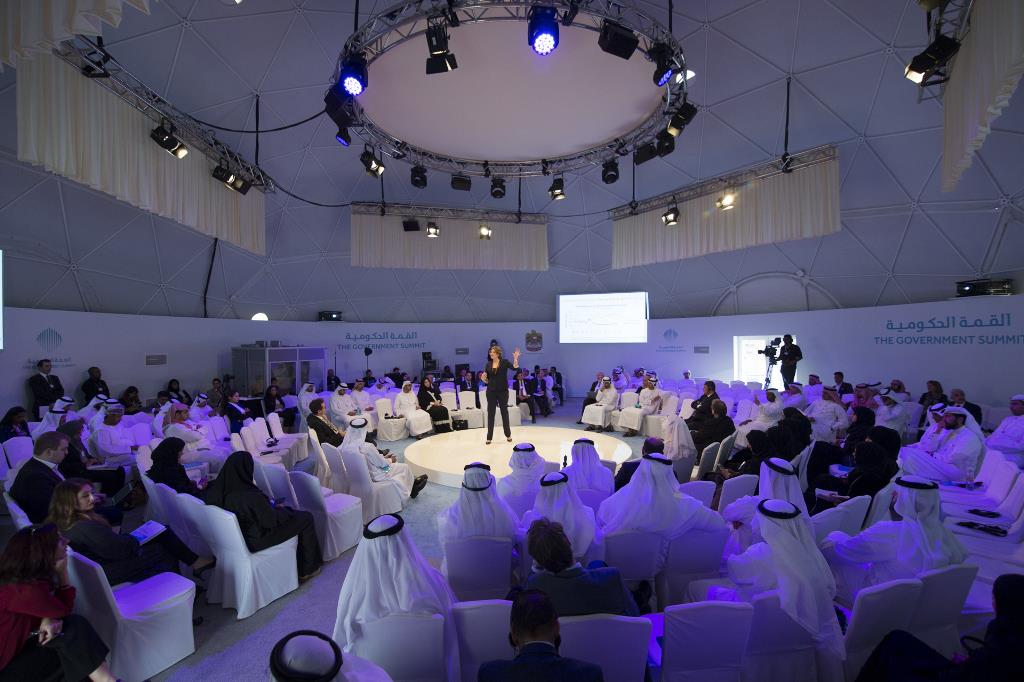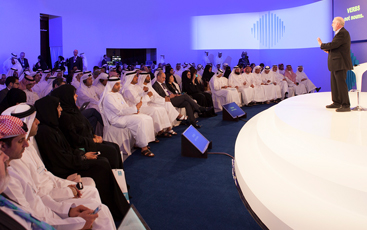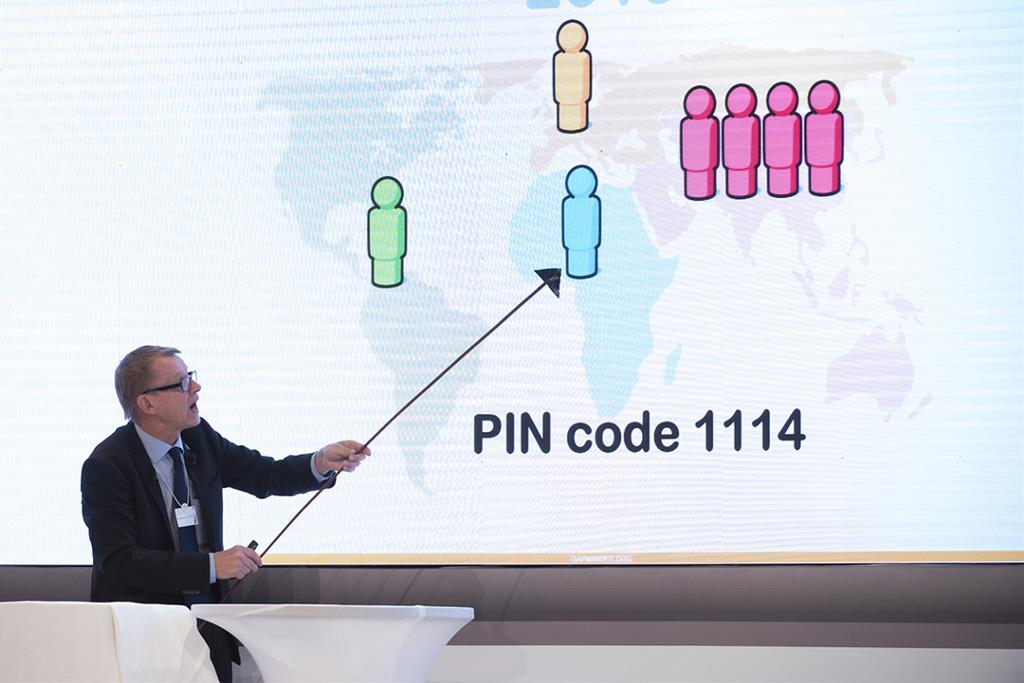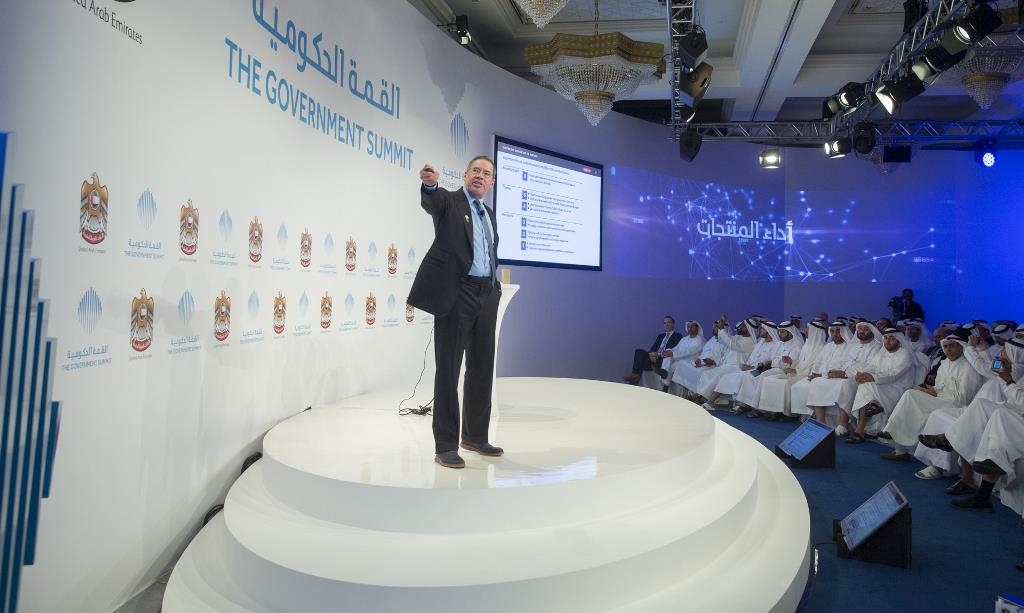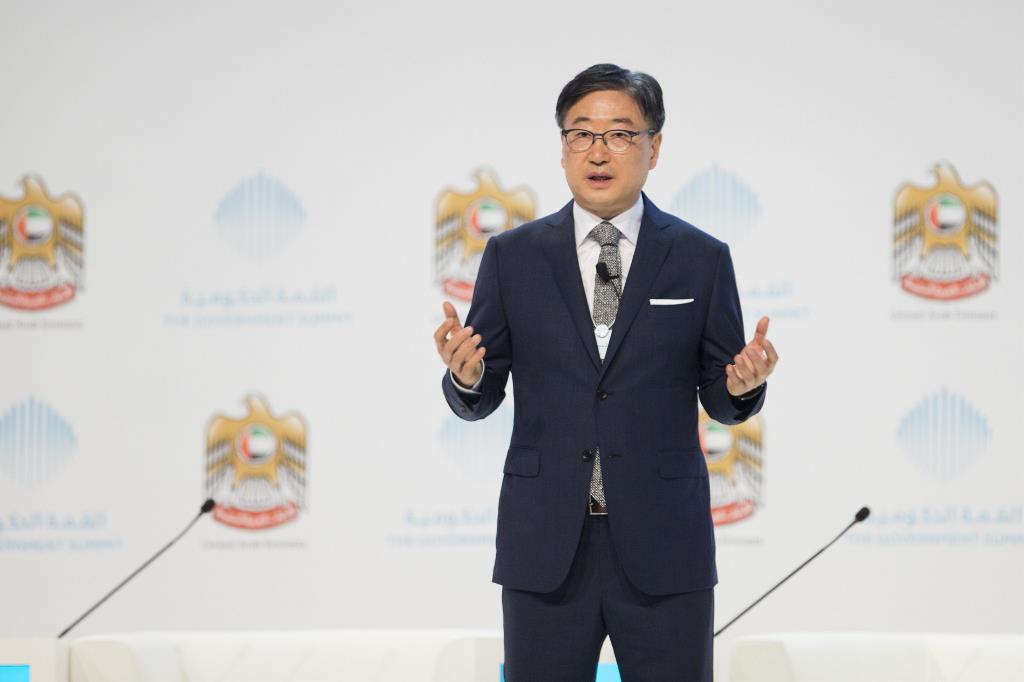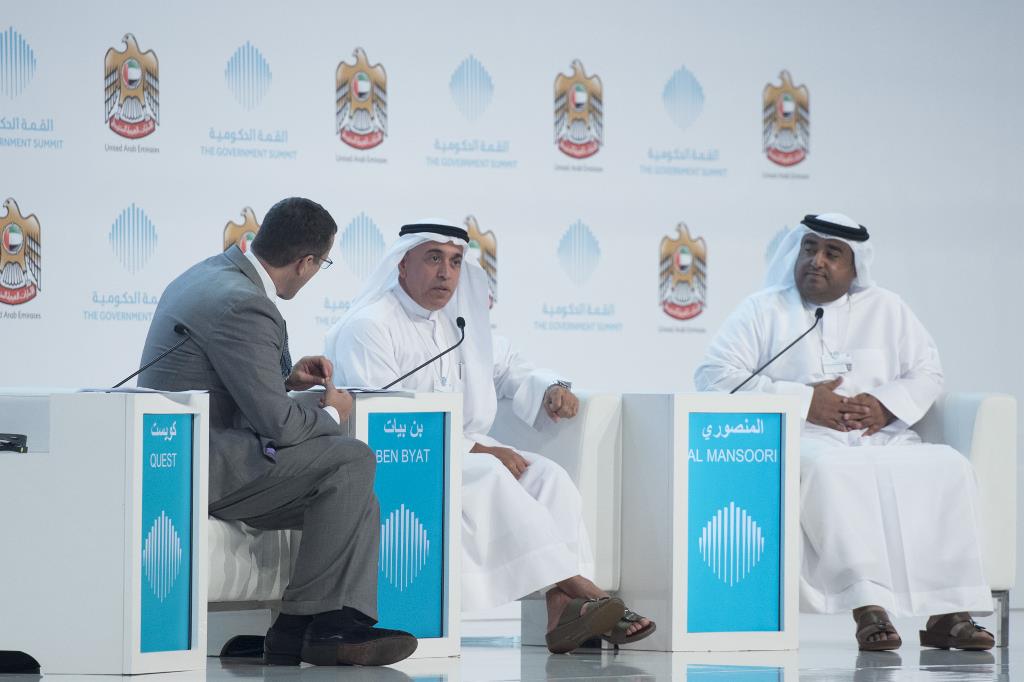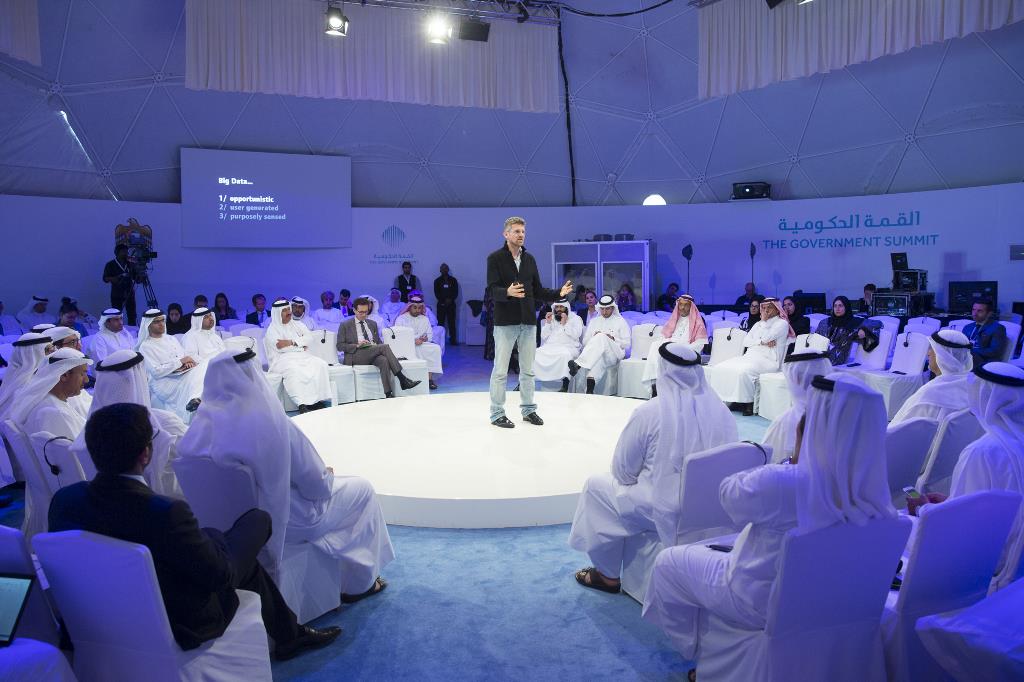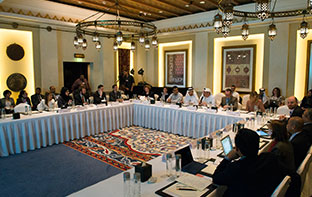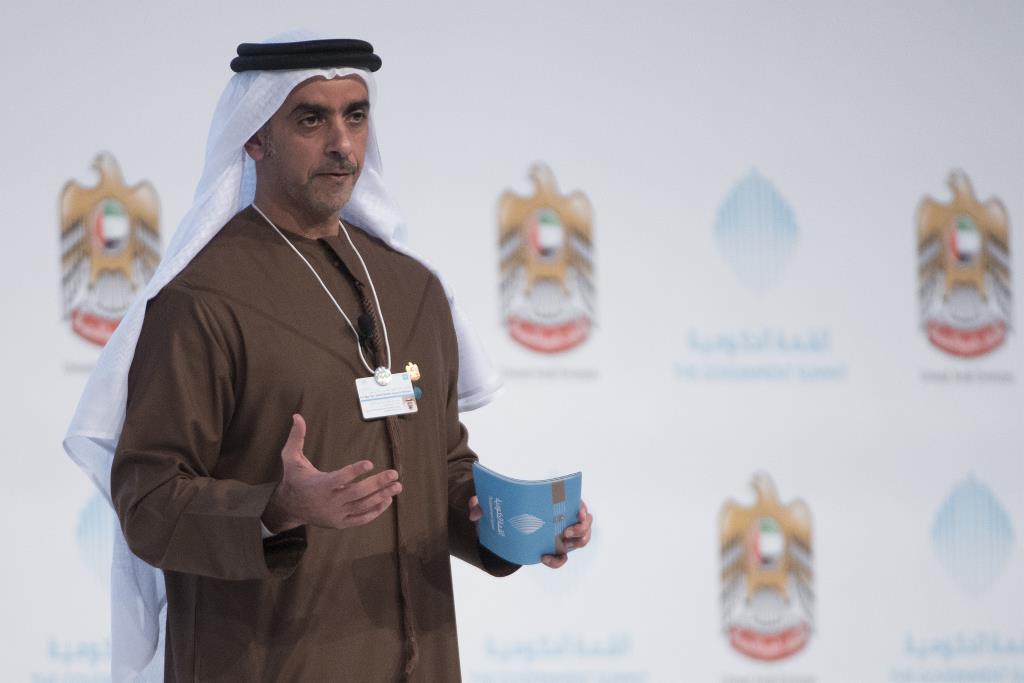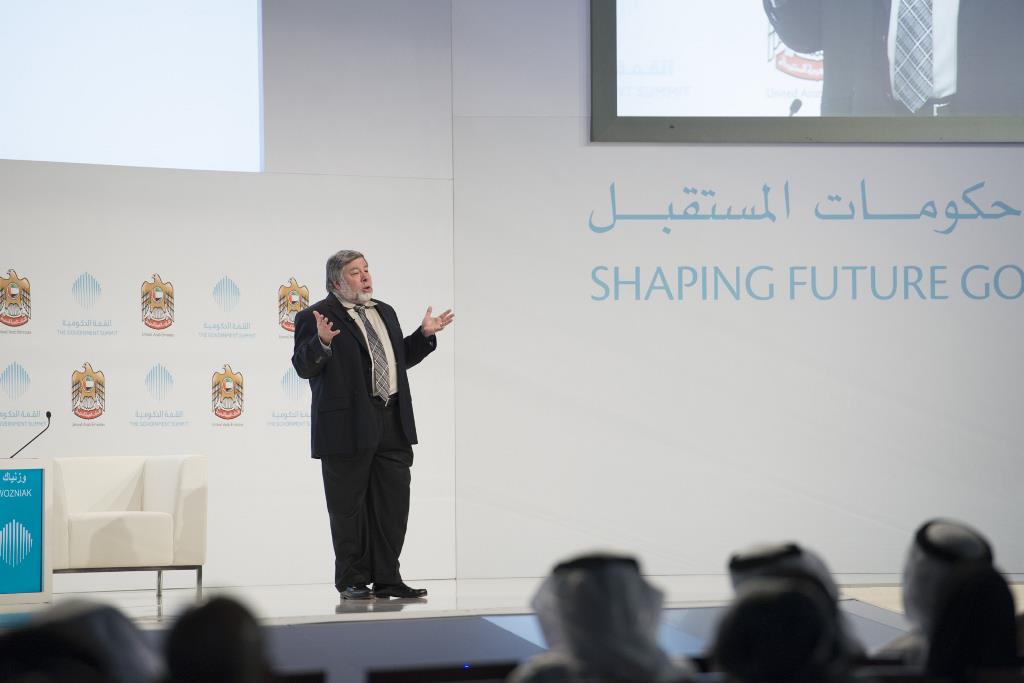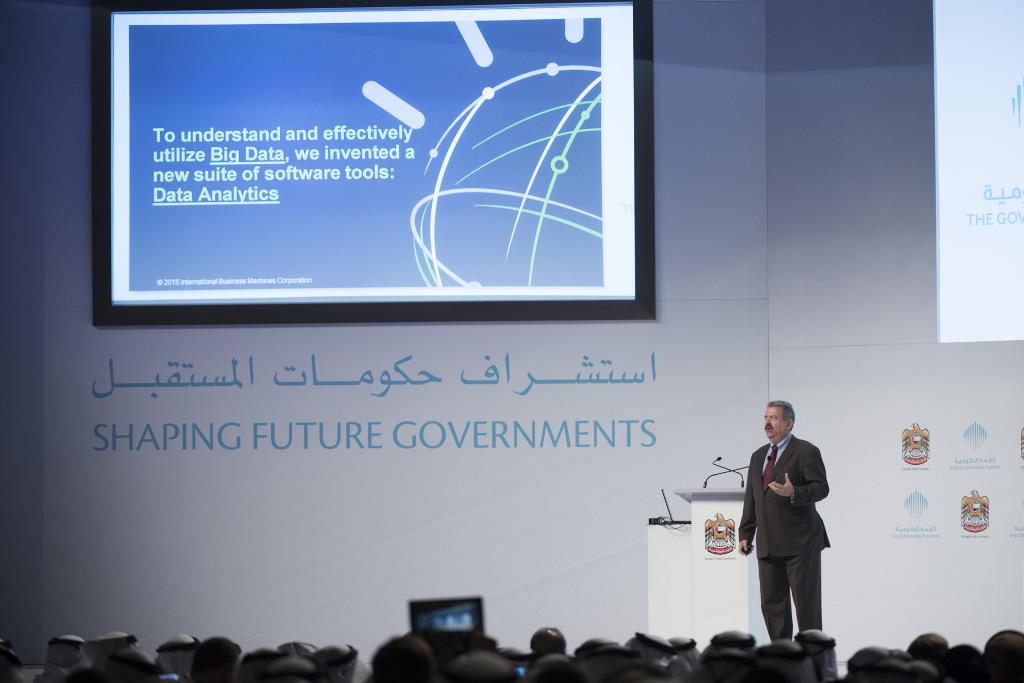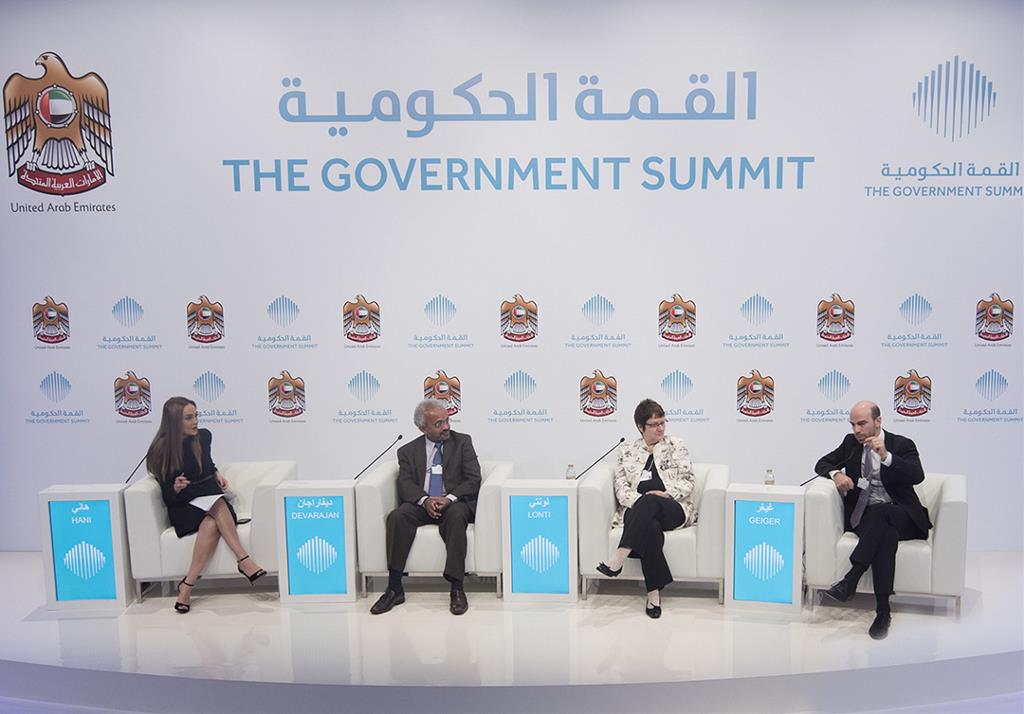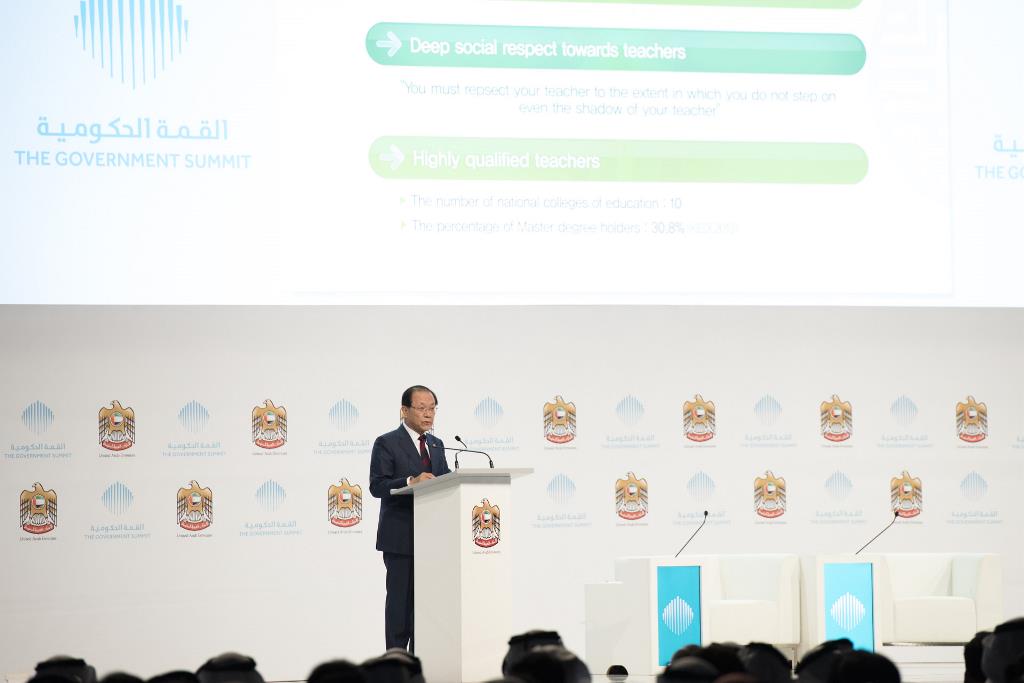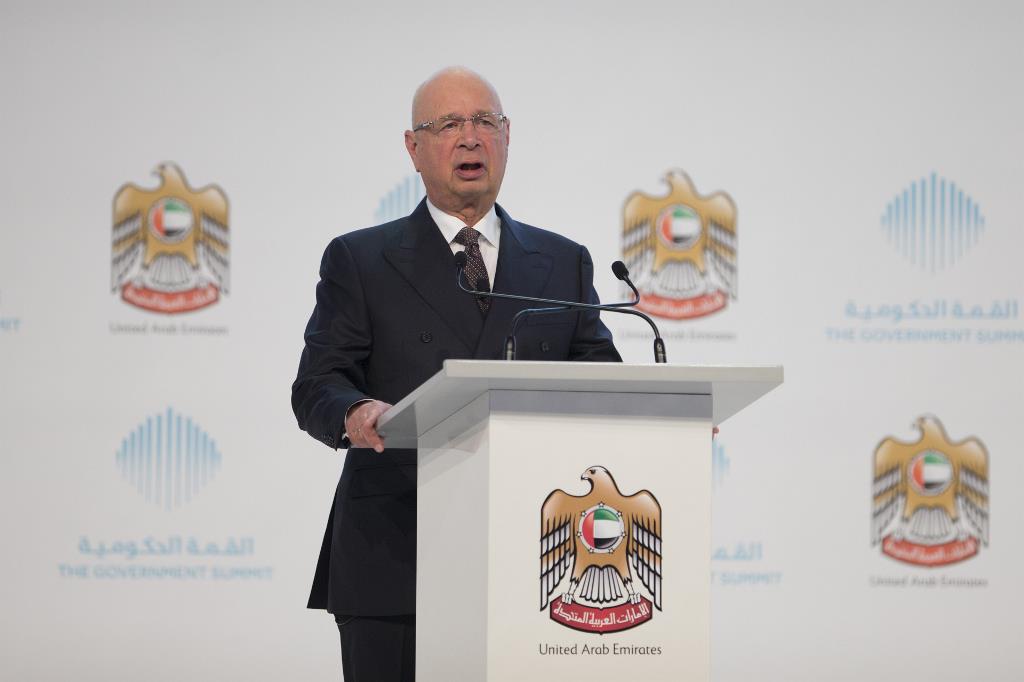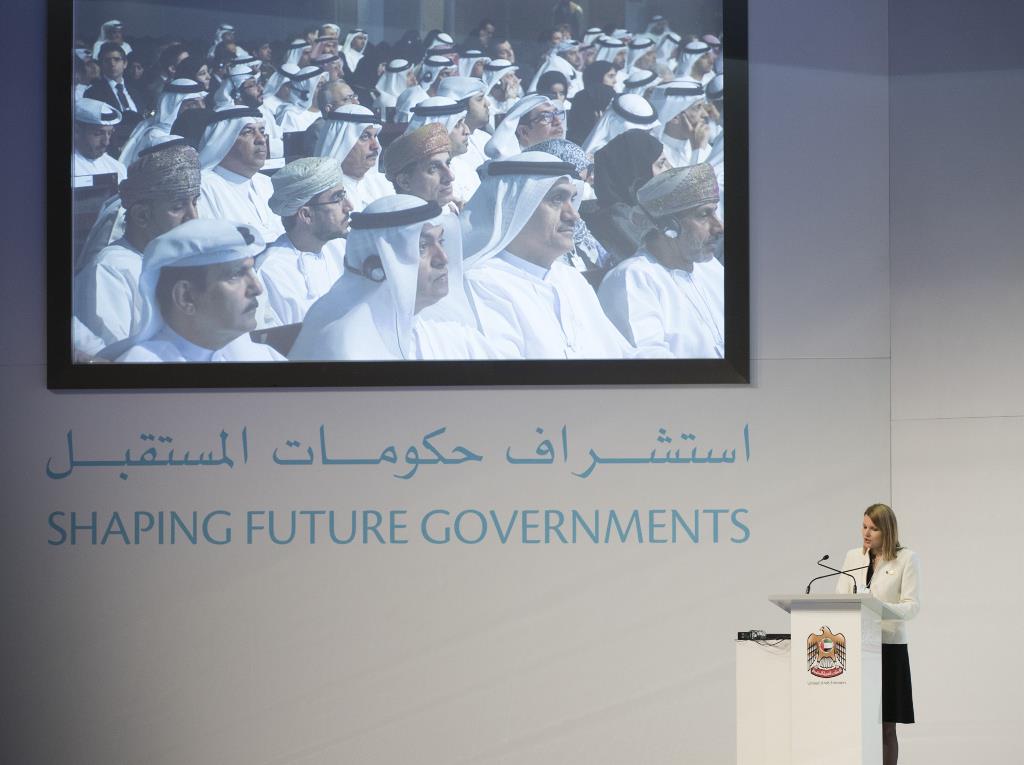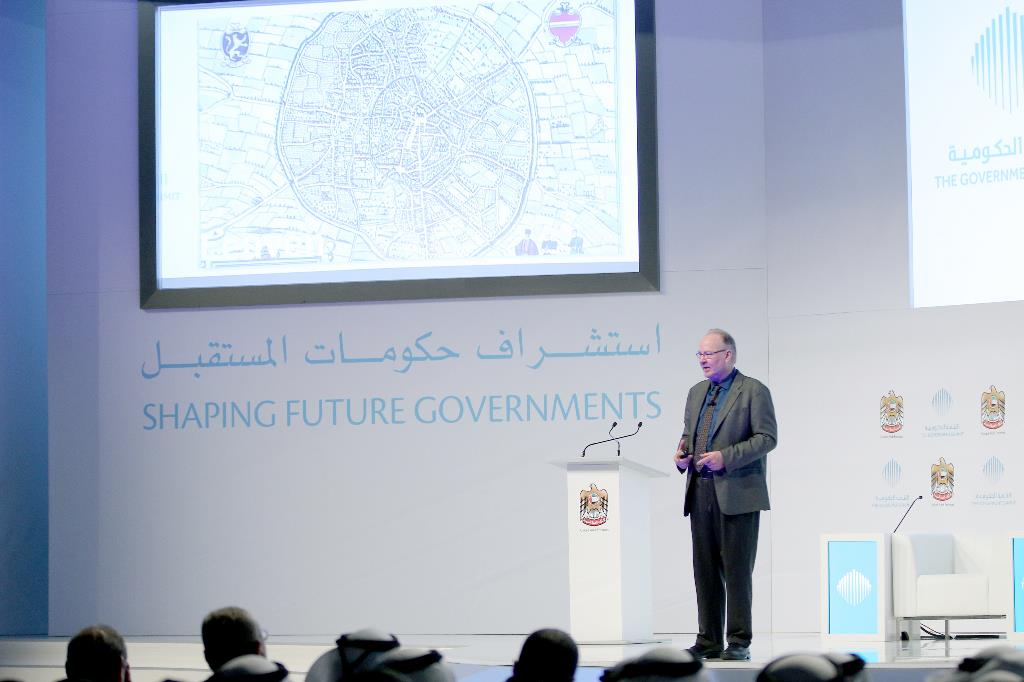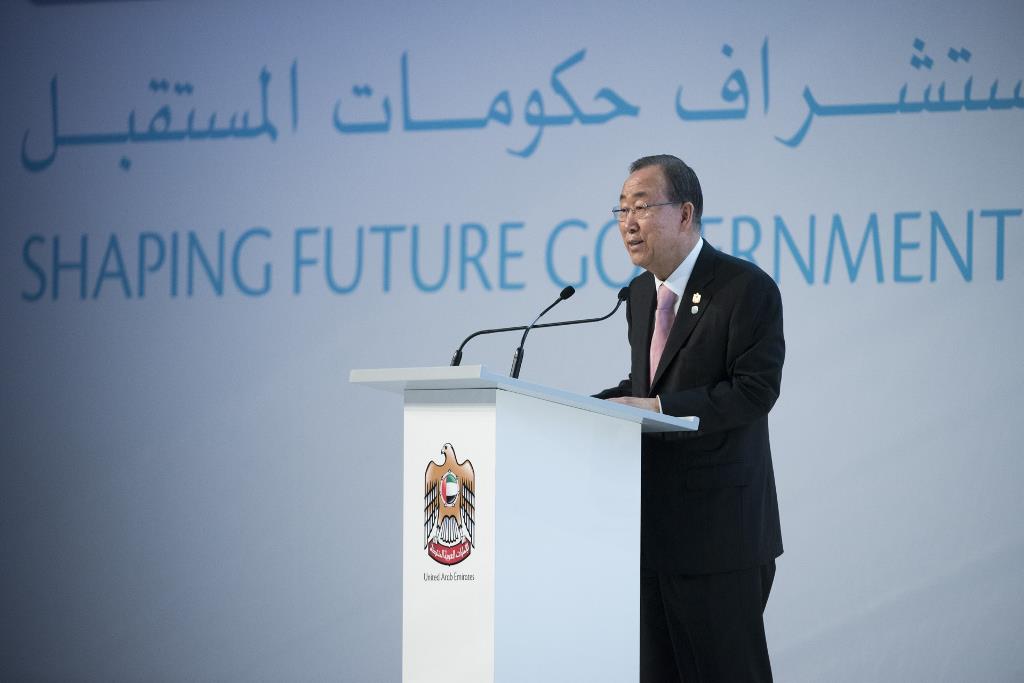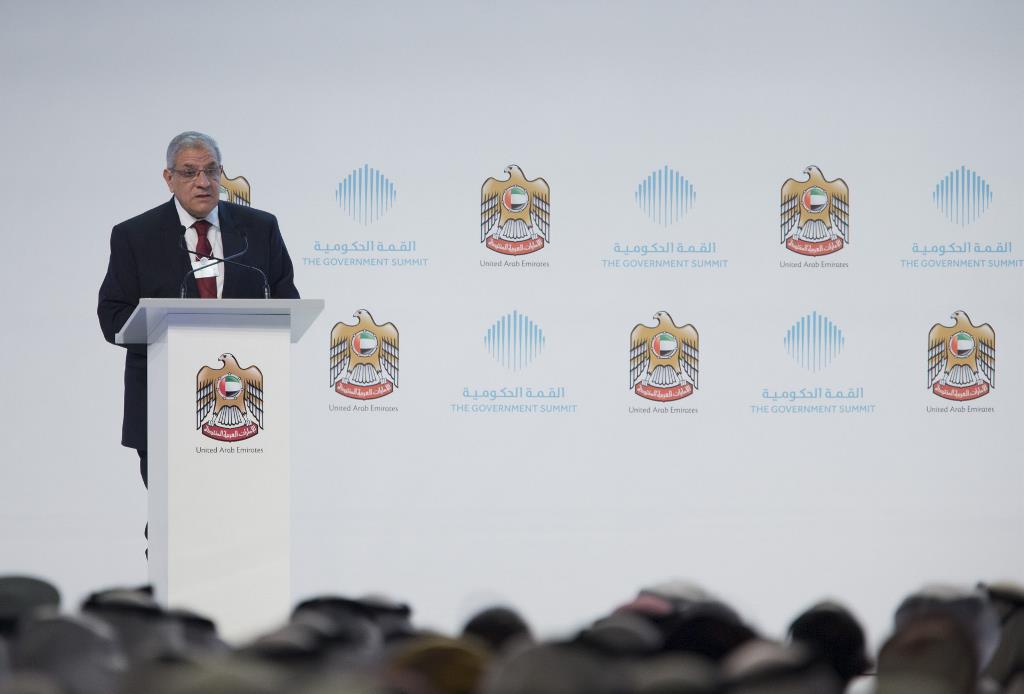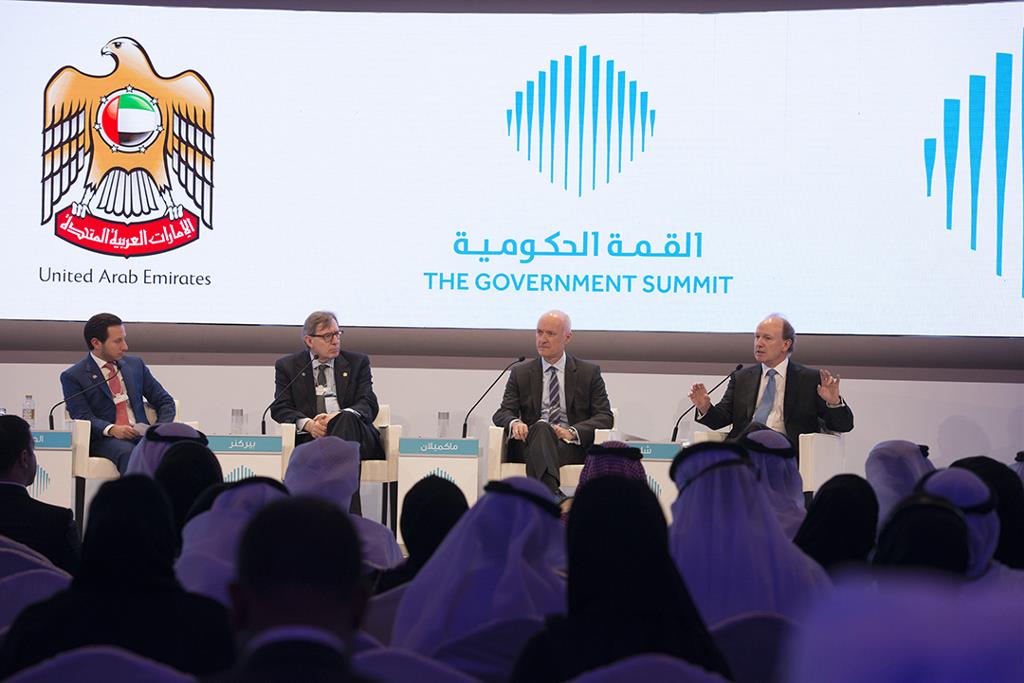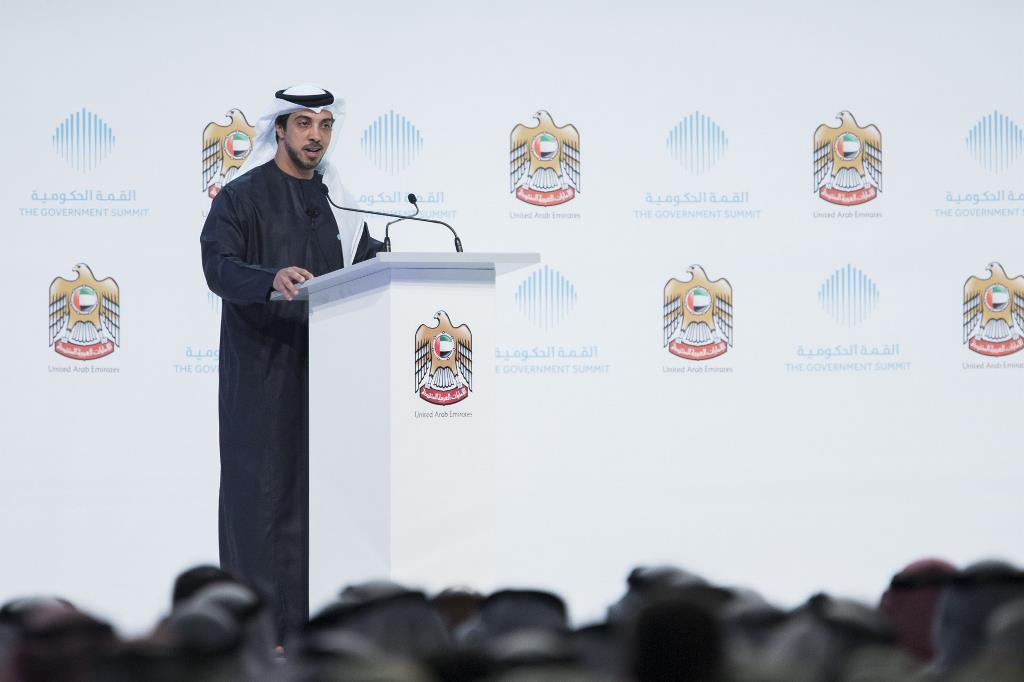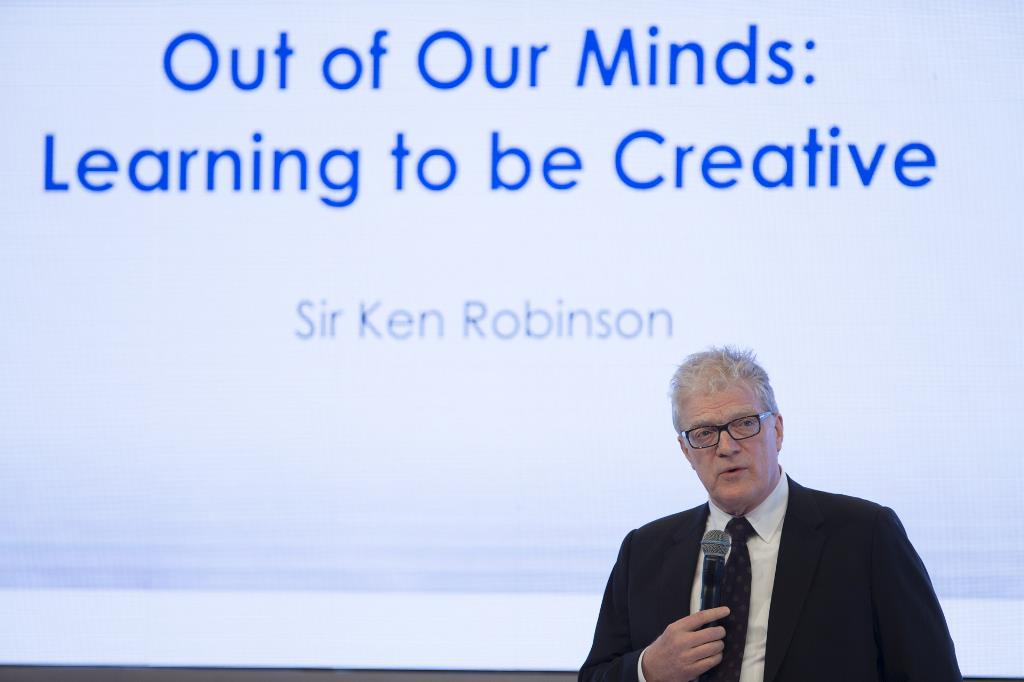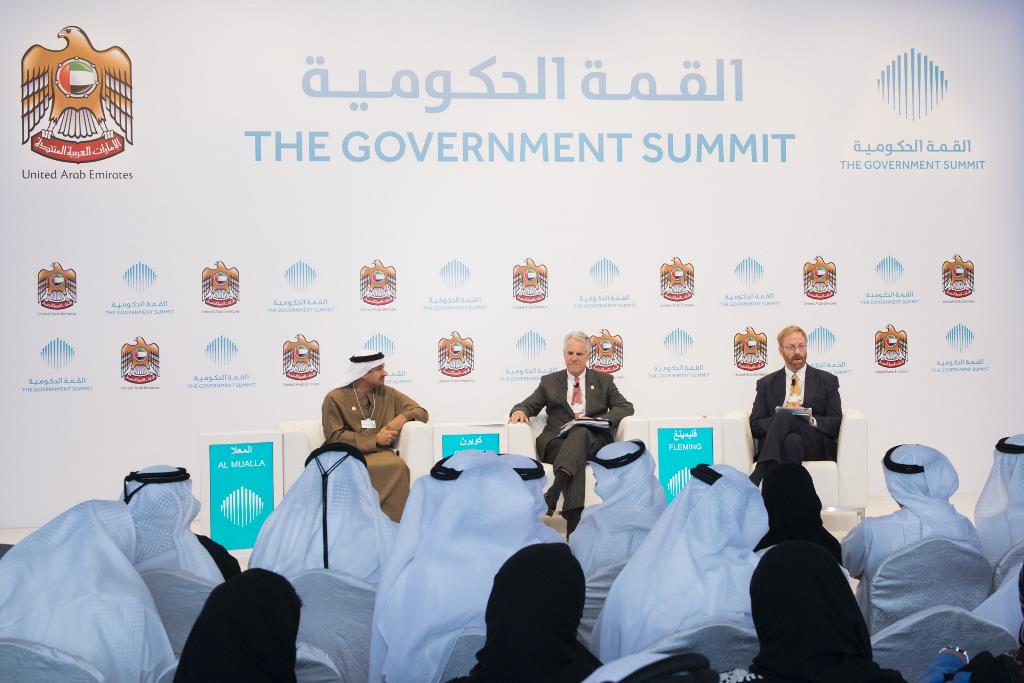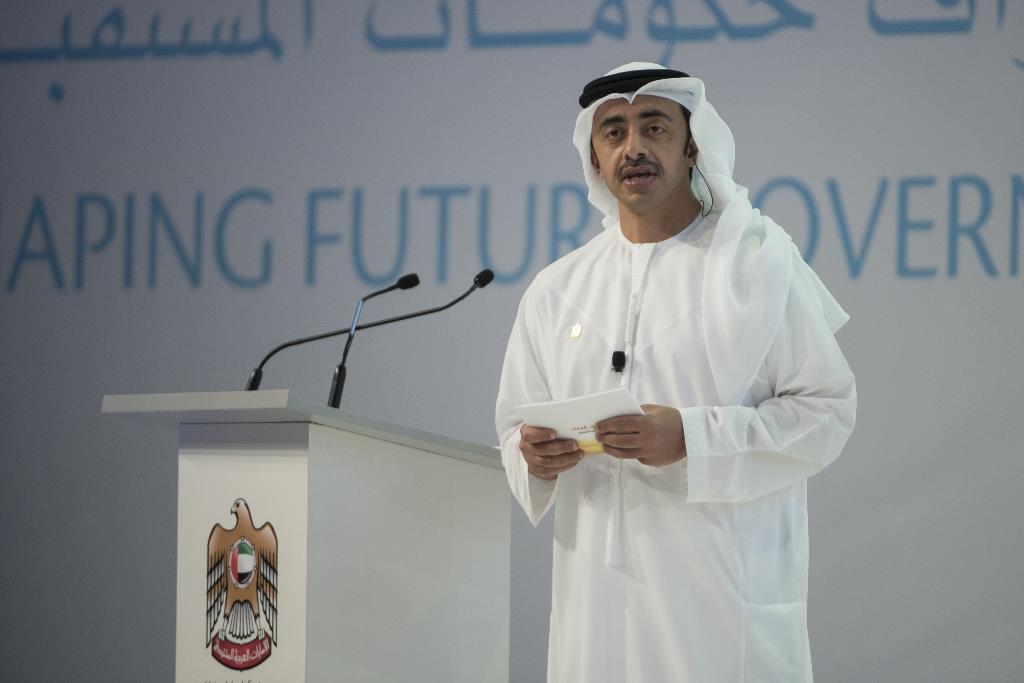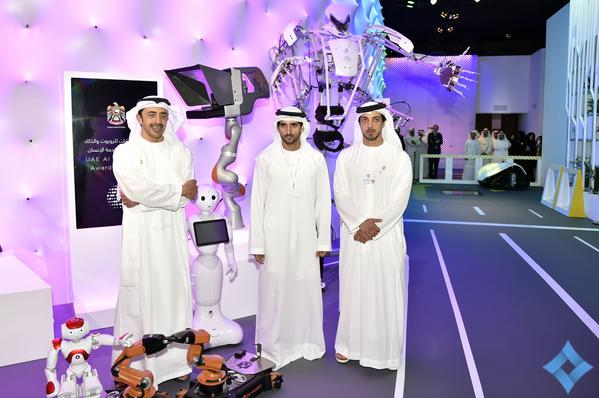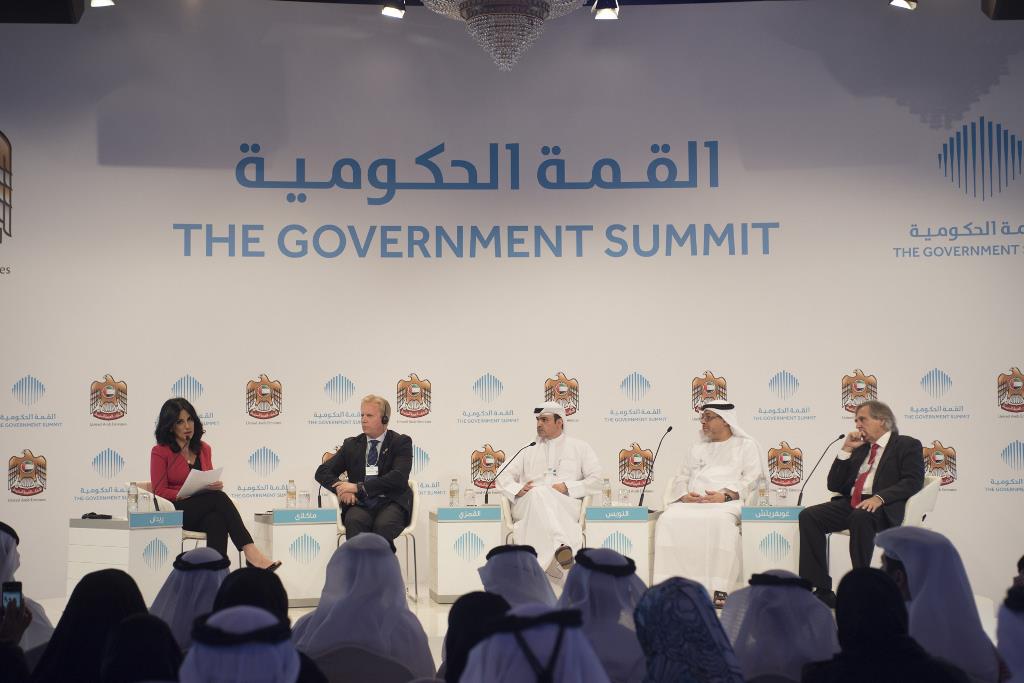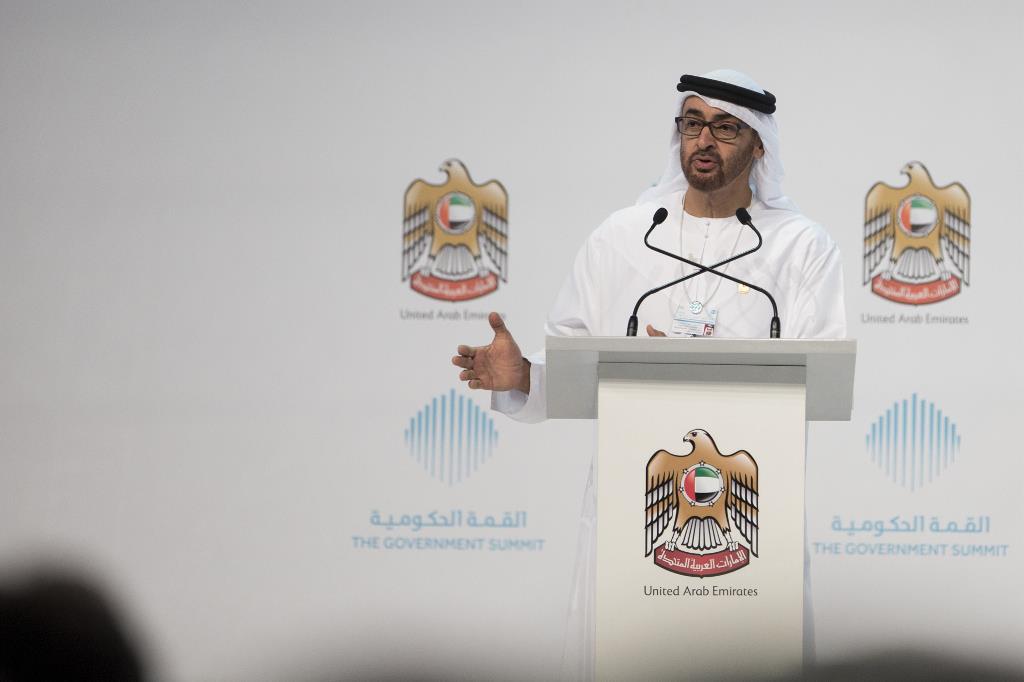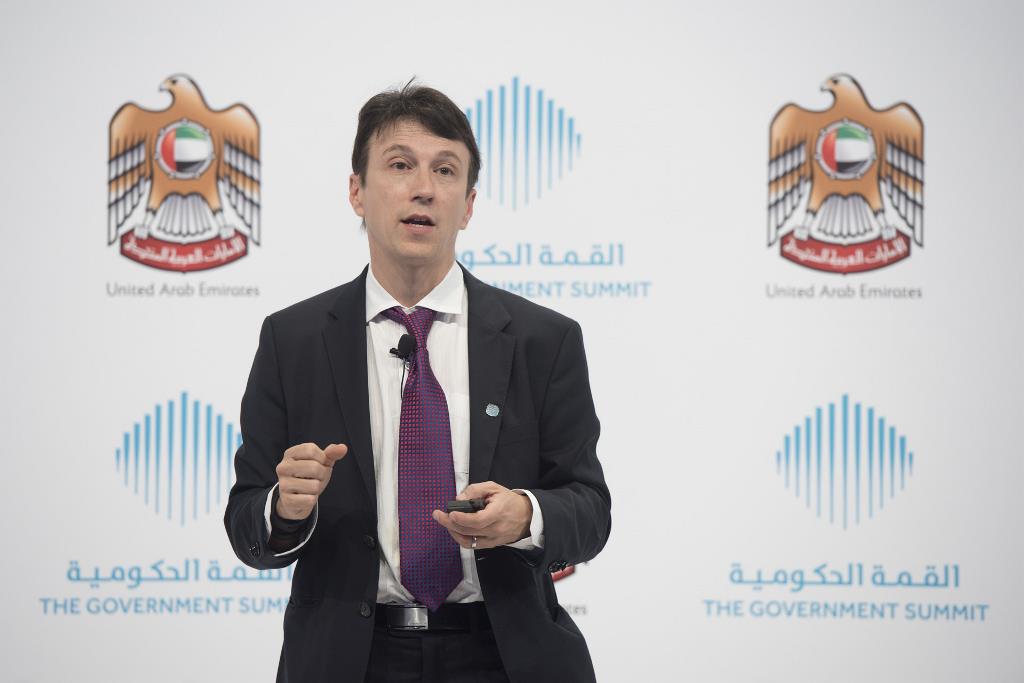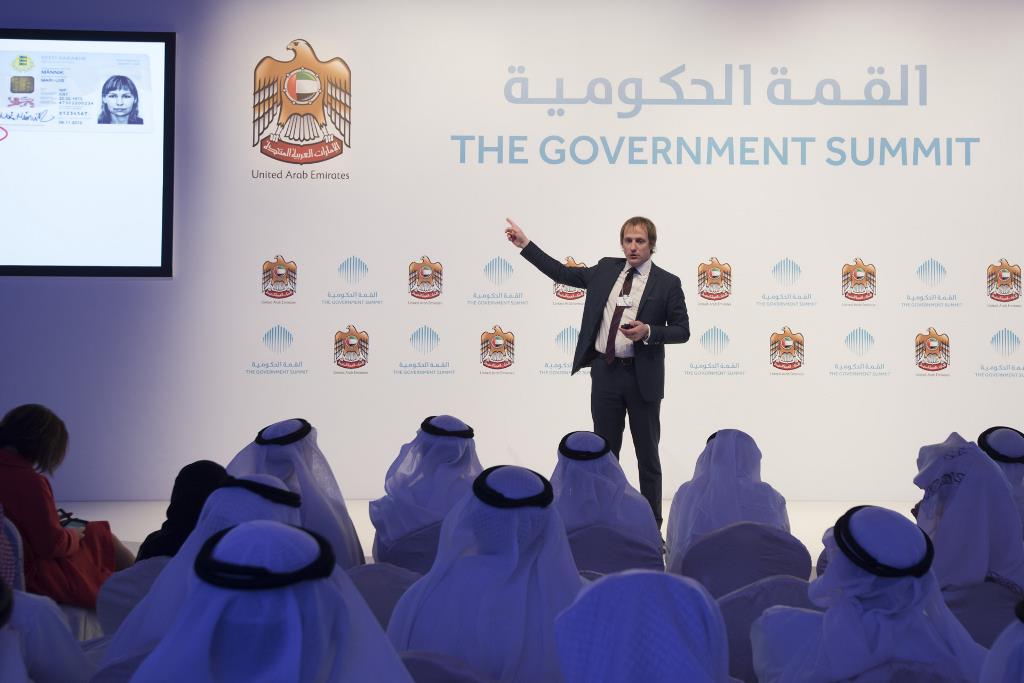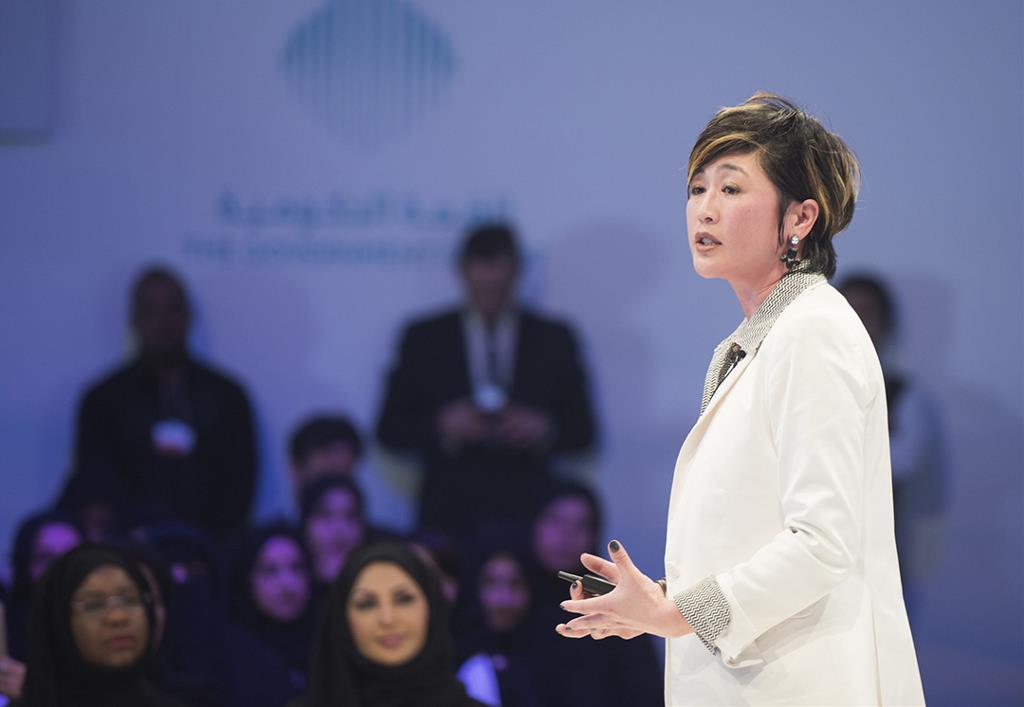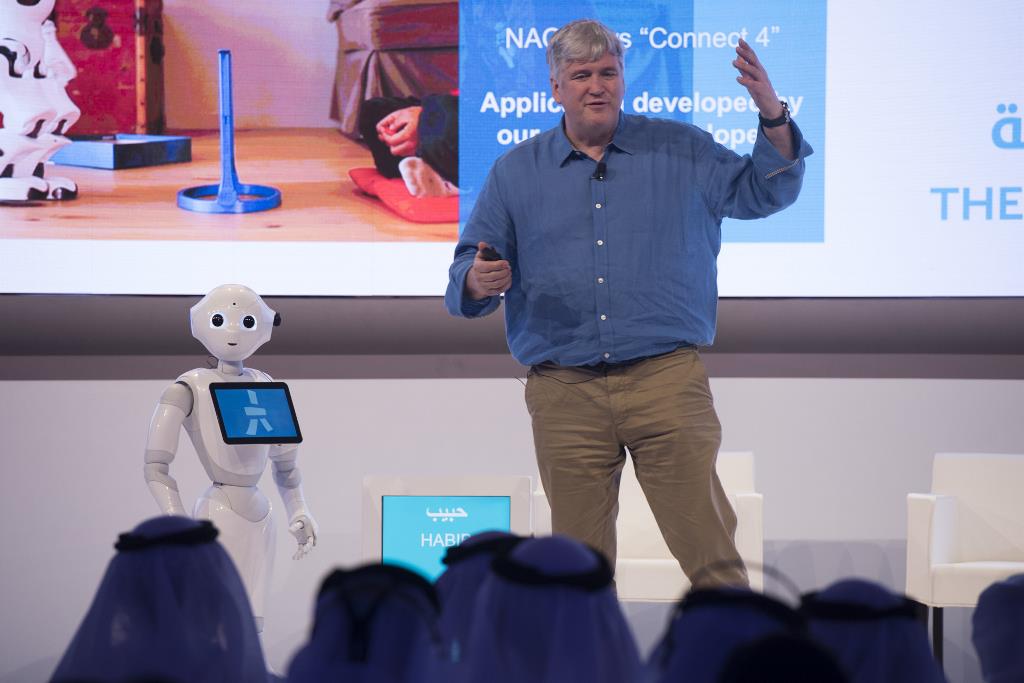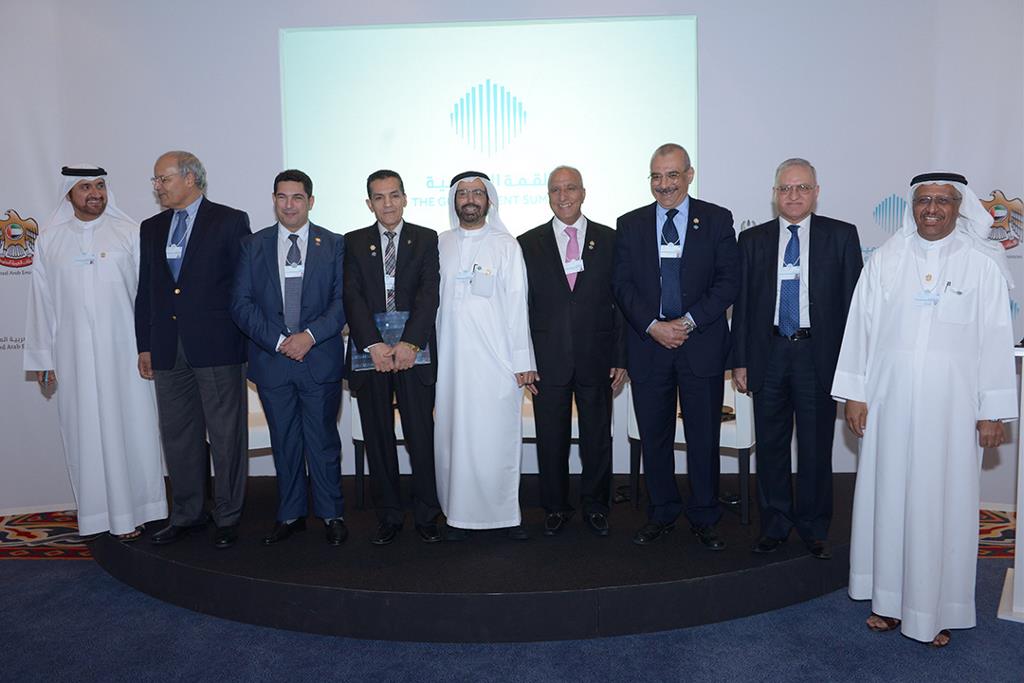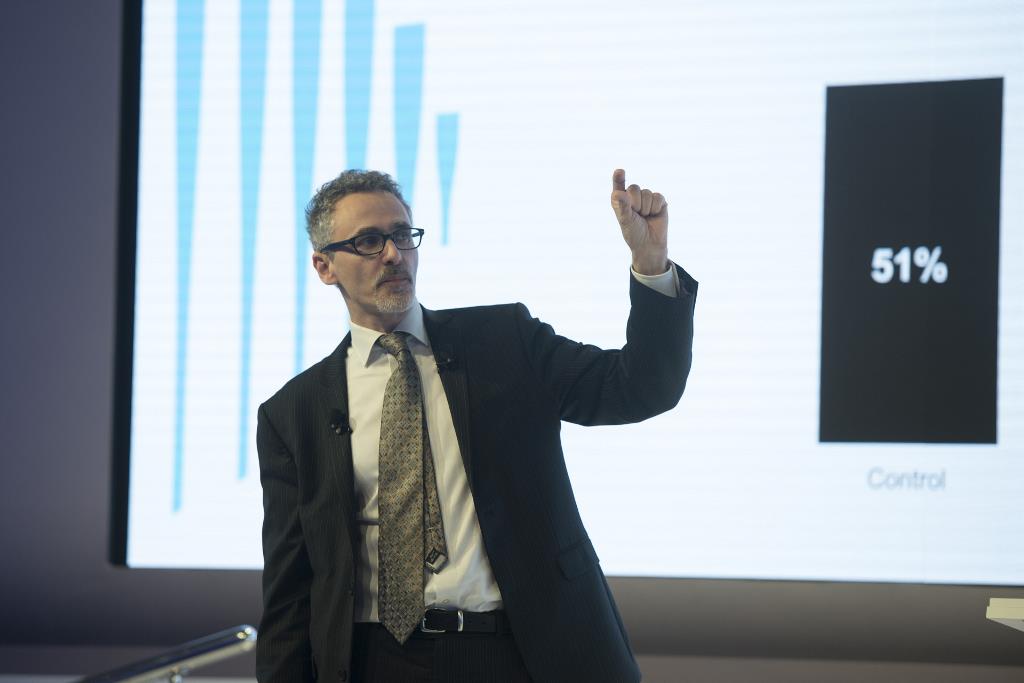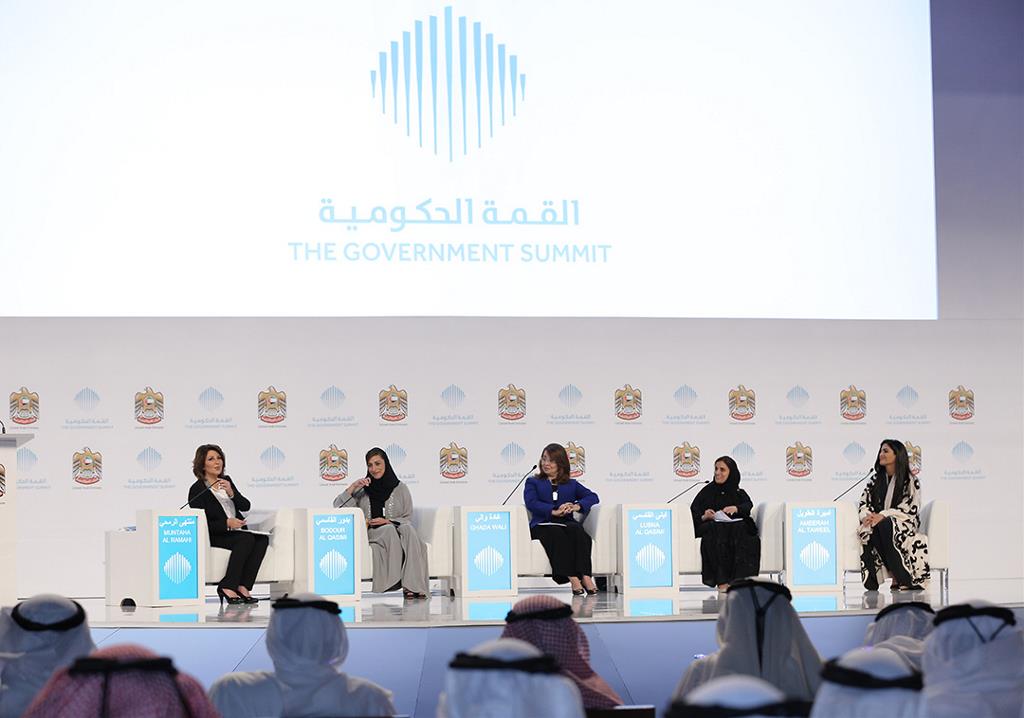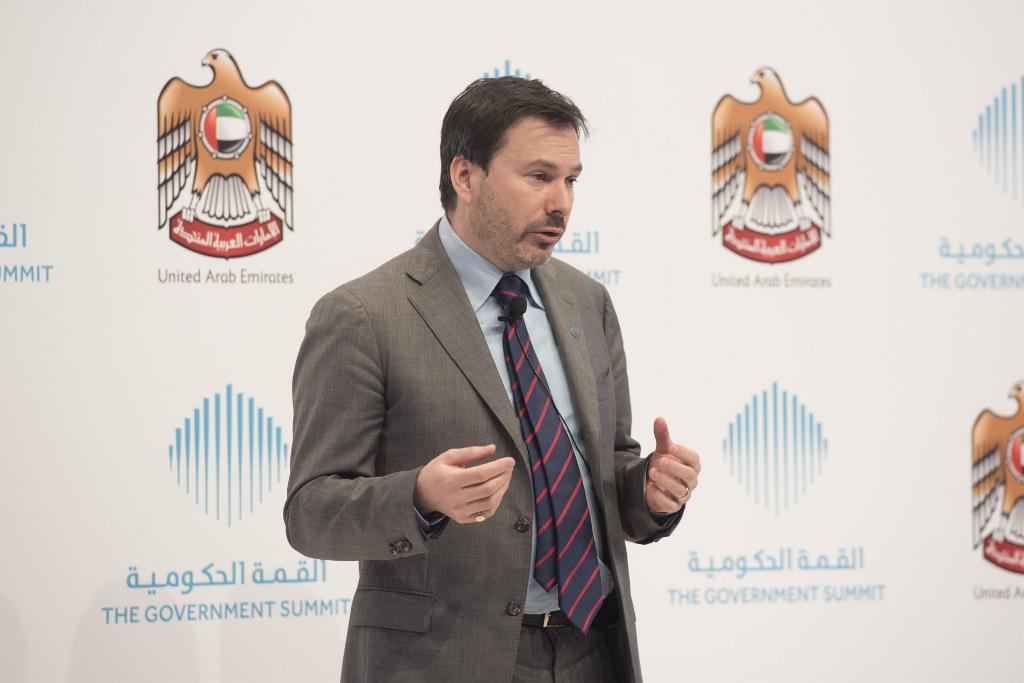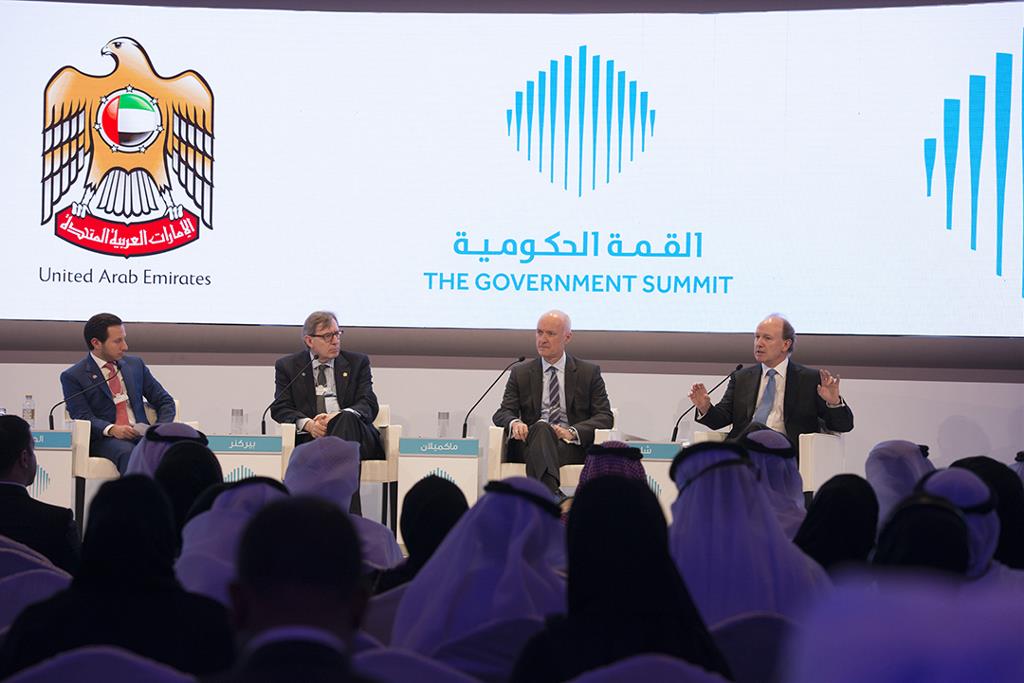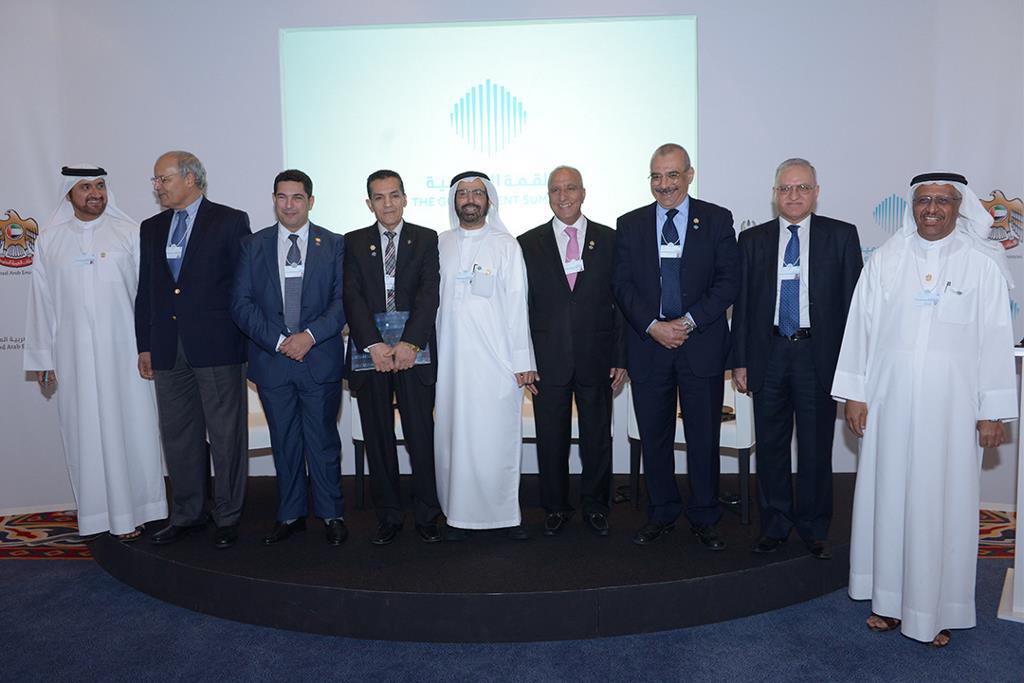Plenary Session: Arab Women: From Vision to Leadership
Women in the Arab World have taken quantum leaps towards empowerment and have proven to be efficient leaders for taking a stand in favour of change, yet more effective women empowering regulations are required be in place .
The plenary also focused on measuring the participation of women at every level and making it possible for more women to enter leadership roles. The women leaders also discussed the increasing role of emotional intelligence in effective leadership.
A special video message from Her Majesty Queen Rania Al Abdullah of Jordan was broadcasted at the plenary. She spoke about the challenging times that the Arab World is facing and that men and women alike must rise to the occasion to protect those in need. She indicated that there is a need for policies that foster talent and innovation, policies that ensure the participation of all members of the society - men and women - from all ethnic groups to capitalize on the full potential of our countries.
The panel made it clear that in the current context, there is no more a talk of competition between men and women. Sheikha Lubna said: “Education for girls is essential and in the UAE, education for women is a priority. Even though the number of girls being educated in the Arab countries exceeds the number of male students, we do not have equal presence of men and women in politics. This trend needs to change.”
Sheikha Lubna said the UAE has taken the lead in many ways in which to ensure more women are participating in the economy. Speaking of the legislation to ensure the participation of women on company boards, she said: “Encouragement and legislation are both important. Consolidating the position of women is a challenge.”
Sheikha Lubna added: “The role of women is important whether at home or at work. Having statistics will help change the policy and empower Arab women.”
Women should take a more proactive step towards being leading active participants in bringing about change, said HE Sheikha Bodour bint Sultan Al Qasimi, Chairperson of Sharjah Investment and Development Authority (Shurooq). Sheikha Bodour reiterated that women have a stronger role in societies where leadership is no longer based on muscle power but on intelligence. “I am not distinguishing between the leadership of a woman and a man. The leader who can achieve positive results is a good leader.”
Emphasizing on education, Sheikha Bodour said that we have to change the way we speak to our girls. Dialogue should start at home when they are still very young. The future starts today, so we have to put a plan which puts women and men leaders side-by-side.
Ghada Wali said: “We need to support the changing trends with policies and legislations. We need to ensure that laws are implemented, which ensures celebration and recognition of women. The education of girls in the Arab World is high, but at the same time, what they are taught is very important. There must be added focus on the content taught to women and success stories need to be celebrated. There is also a need to highlight educational messages to all sectors of the society so that men and women are treated on par.”
The role of women, whether documented or not, has been crucial in shaping societies. Ghada Wali spoke of the role of women in the elections in Egypt and Tunisia. In both cases, there were large percentages of women voters.
While underlining the fact that women are asking for rights because of their skills not just because they are women, Ghada Wali said that positive discrimination can be a force for good. “The conflict of power can be overcome by specifying quotas for a specific period of time until the community becomes aware of the role of women. This can guarantee a safer place for us.”
Princess Ameerah said that there is no organization in the Arab World to date that provides precise statistics about social leaders. This is important because social leaders have established non-profit organizations to come up with innovative solutions.
In arguing against the saying that behind every successful man there is a woman, Princess Ameerah said: “I like to say that next to every great man there is a woman.” She spoke of the need for women in prominent positions to ensure that they are well represented in the media and act as role models. Alluding to the research stating that women accounted for only 1.5% of corporate board seats in the GCC countries in 2011, Princess Ameerah called for doubling these numbers.
Princess Ameerah and Sheikha Lubna also spoke about the emphasis on documenting various contributions to society.
